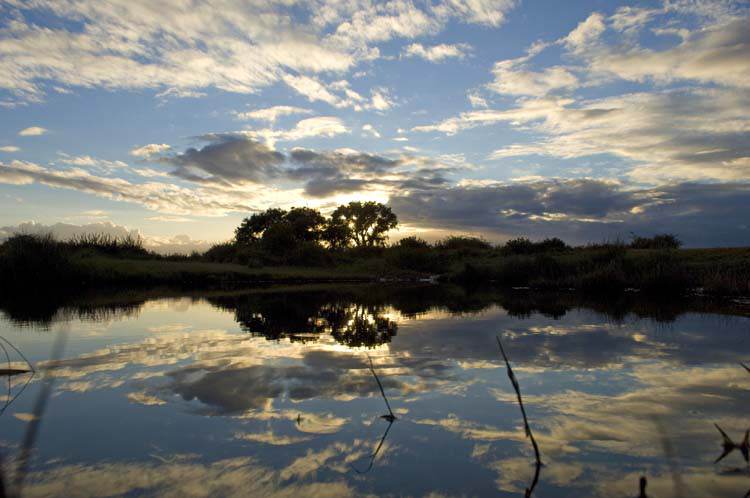The current, unprecedented rate of human development is causing major damages to Earth's life-support systems. Therefore, the need for transitions towards sustainability in the use of natural resources and ecosystems has been extensively advocated. To be successful, such transitions must be guided by a sound understanding of the architecture of the policy and institutional designs of both the process of change and the target outcome. This study contributes to current research on the institutional conditions necessary for successful transitions towards sustainability in social-ecological systems, addressing two interrelated theoretic-analytical questions through an in-depth case study focused in the Doñana region (south-west Spain). First, attention is driven on the need for enhanced historical causal explanations of social-ecological systems stuck in maladaptive rigidity traps at present. Second, attention is driven on the explanatory potential of several factors for shaping maladaptive outcomes, at two different levels of analysis: political-economic interests, prevailing discourses and power, at a contextual level, and institutional entrepreneurship, at an endogenous level. In particular, authors address that explanatory potential when the core logic of path dependence fails to predict maladaptive outcomes in historical, evolutionary perspective. When this occurs, such outcomes are often qualified as unexpected, hence subject to contingency, due to their divergence from purported superior, optimal alternatives. The study argues that contingency can be modulated away from randomness and better characterized as unpredictability, through the systematic inclusion of the mentioned factors into analysis. This would, in turn, increase capacity to inform future policy and institutional transitional designs towards sustainability. informacion[at]ebd.csic.es: Méndez et al (2019) Explaining path-dependent rigidity traps: increasing returns, power, discourses, and entrepreneurship intertwined in social-ecological systems. Ecol Soc https://doi.org/10.5751/ES-10898-240230
https://www.ecologyandsociety.org/vol24/iss2/art30/








 Las altas temperaturas están provocando que las lagunas y las marismas de Doñana pierdan agua rápidamente
Las altas temperaturas están provocando que las lagunas y las marismas de Doñana pierdan agua rápidamente



